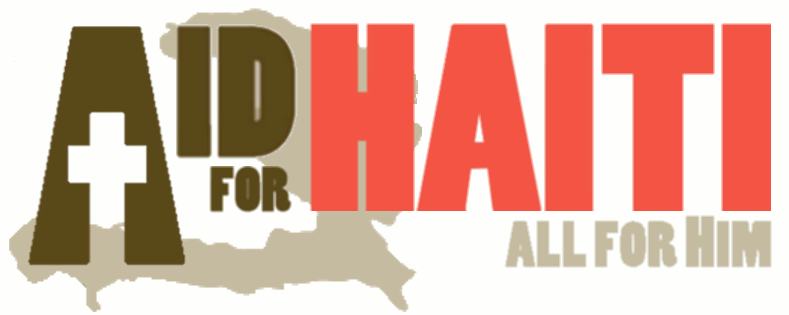In Haiti, one pill can be the difference between a life with crippling mental retardation and one of opportunity.

 Within Haiti 29,000 newborns with mental retardation are born each year, millions of children grow up without the opportunity to fully meet their potential, and men and women go through life with major physical deformity. The tragedy of the situation is that all of this is easily preventable. For the mothers and fathers in the mountains of Haiti opportunity comes at a price. Each day consists of back breaking work in the fields from dawn to dusk in hope of providing a better life for their own children. With no opportunity nearby the only hope is a costly education to free the next generation from the same life. Unknown to the community, this opportunity is being stolen away by the effects of iodine deficiency. Each child you see here was part of a pilot project to treat this disease. With one small capsule of iodized oil each child is freed to pursue education with a 15 point IQ increase. When given to young women this treatment becomes the most cost effective way of preventing mental retardation in the world. It is estimated, using iodine supplementation, the cost is only $1000 to prevent the death of one child(1). In a nation where 20% of children born will die before their fifth birthday, the importance cannot be overstated. Using a proven program, treatment is focused upon school children and young women. This allows for maximum benefit at lowest cost. The cost is only $20 to treat one mother or child in this remote region. It is estimated that for every one dollar spent on iodine there is a gain in productivity of $28. In addition to preventing the effects of a terrible disease, each dollar spent greatly aids in the welfare of each person in this impoverished nation. The world bank adds “Probably no other technology offers as large an opportunity to improve lives at such low cost and in such a short time.” While the opportunity is great the possibilities are few. Without this program these mothers and children will suffer from this disease. No other foreign or national aid reaches this region. As communicated by the mothers of this region, without you, “Where else could we go?”
Within Haiti 29,000 newborns with mental retardation are born each year, millions of children grow up without the opportunity to fully meet their potential, and men and women go through life with major physical deformity. The tragedy of the situation is that all of this is easily preventable. For the mothers and fathers in the mountains of Haiti opportunity comes at a price. Each day consists of back breaking work in the fields from dawn to dusk in hope of providing a better life for their own children. With no opportunity nearby the only hope is a costly education to free the next generation from the same life. Unknown to the community, this opportunity is being stolen away by the effects of iodine deficiency. Each child you see here was part of a pilot project to treat this disease. With one small capsule of iodized oil each child is freed to pursue education with a 15 point IQ increase. When given to young women this treatment becomes the most cost effective way of preventing mental retardation in the world. It is estimated, using iodine supplementation, the cost is only $1000 to prevent the death of one child(1). In a nation where 20% of children born will die before their fifth birthday, the importance cannot be overstated. Using a proven program, treatment is focused upon school children and young women. This allows for maximum benefit at lowest cost. The cost is only $20 to treat one mother or child in this remote region. It is estimated that for every one dollar spent on iodine there is a gain in productivity of $28. In addition to preventing the effects of a terrible disease, each dollar spent greatly aids in the welfare of each person in this impoverished nation. The world bank adds “Probably no other technology offers as large an opportunity to improve lives at such low cost and in such a short time.” While the opportunity is great the possibilities are few. Without this program these mothers and children will suffer from this disease. No other foreign or national aid reaches this region. As communicated by the mothers of this region, without you, “Where else could we go?”

